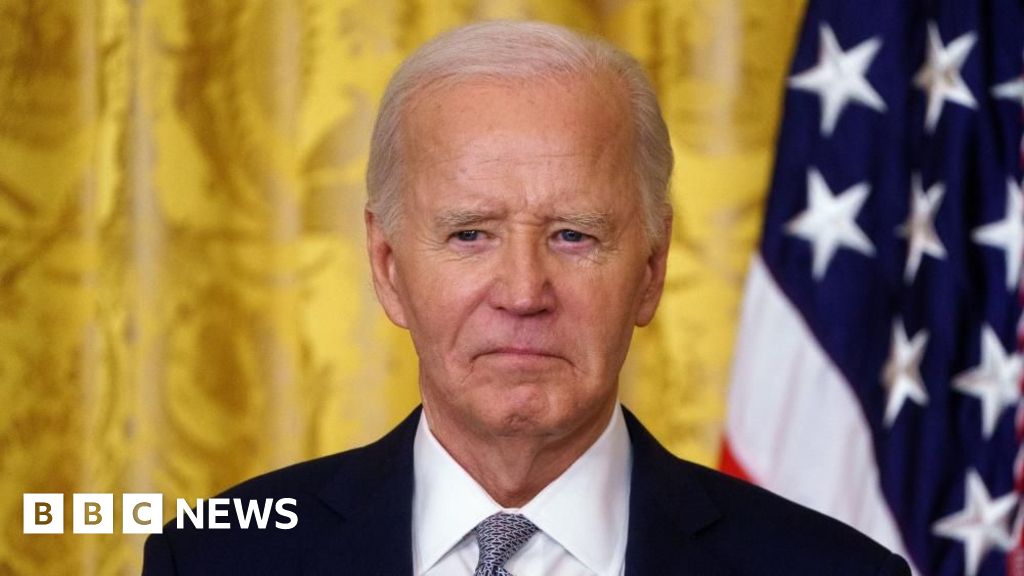The vast majority said in an opinion poll conducted by Al Jazeera Net Boycott The popularity of products and companies that support Israel has widely succeeded in harming these brands, and analysts expect that the financial results of these brands will decline during the last quarter of this year.
Widespread popular campaigns were launched on social media sites and moved to the ground to boycott products and companies that are believed to support Israel in its war against… Gaza strip.
91% of participants in the Al Jazeera Net poll voted “yes,” while 9% voted “no” to the question, “Has the popular boycott of products and companies that support Israel succeeded?”
703 people participated directly in this poll, while the topic was liked by 2,926 others. This poll was conducted on the “Al Jazeera Net Economy” account on the Facebook, Twitter and Instagram platforms.
Several companies were damaged as a result of these popular campaigns, the most prominent of which was the Starbucks Group, which suffered losses in its market value amounting to approximately $11 billion during a short period due to the impact of the boycott, employee strikes to improve their conditions, and the poor performance of the promotional campaigns.
Boycott forever
Many of the survey participants not only voted, but also left traces of their support for the popular boycott campaigns.
Here we review a number of positive comments that accompanied the votes of participants in the opinion poll, which stated:
- Yes, definitely, and the most important thing is to continue the boycott and support local products.
- Regardless of the results of the boycott, I am boycotting forever.
- There is a need for a boycott until these companies go bankrupt, not an immediate boycott.
- The boycott succeeded. All liberals dispensed with goods supporting the occupier.
- Yes, the boycott has succeeded and companies are on their way to leaving our countries one by one.
- Yes, I and my family are boycotted forever.
- Yes, even if only in terms of principle and awakening conscience.
- Yes, but they do not confess, and with time their losses will be revealed.
- Yes, and Starbucks has been experiencing historic losses since its inception.
- It is no longer a boycott, but a war.
- You succeeded and you will succeed all over the world.
- Yes, I succeeded.. It is a lethal weapon without ammunition and requires nothing but awareness among the people.
- Yes, but the desired results need continuity to affect the roots of the economy that has washed our minds. Arabs have talents in crafts and industries.
- Relatively speaking… and by continuing the boycott, he will succeed completely! The power of success is linked to the boycott of transactions and products of the supporting countries as well.
Many initiatives called for a boycott of companies that support Israel in its war on… #Gaza.. Did she succeed in achieving her goal? pic.twitter.com/Em1r6FOAwa
– Al Jazeera Net | Economy (@AJAeconomy) December 8, 2023
Huge losses
Al Jazeera Net contacted analysts to seek their opinions on the effects of the popular boycott of products that support Israel, and they expressed their conviction that this boycott has so far succeeded in harming companies that are believed to support the occupation in its devastating war on the Gaza Strip and its repeated attacks on many Palestinian towns in the West Bank.
Mustafa Fahmy, CEO of Strategy and Emerging Markets at Fortress Investment Company, said, “Companies supporting Israel have been greatly affected by the boycott campaigns.”
He added in an interview with Al Jazeera Net, “If we shed light on the Middle East region only, we will find that the branches of these institutions are suffering greatly, and this situation will reflect negatively on the revenues of the parent companies, regardless of their headquarters, whether they are in the United States, Britain, or elsewhere.”
He expressed his belief that the real results of boycott campaigns usually appear after two months or more, and said that the negative effects will be huge.
Regarding Starbucks – whose stock is still struggling to reduce its losses – Fahmi said, “The company is still facing the boycott campaign at the global level and has not been able to change the consumer’s view of its direction despite the promotional offers because the consumer now views it as a partner in supporting the occupation.”
He believed that Starbucks will face many challenges in the future, and he expected that “its financial results for the fourth quarter will be very bad and will be reflected in the overall annual results.”
He continued, “We can apply this situation to all companies that supported or supported the occupation army in various forms.”
For his part, political economy specialist Mtanes Shehadeh said: “In principle, boycott campaigns are supposed to affect American companies and their supporting decisions,” and he added in an interview with Al Jazeera Net, “This is a type of popular pressure.”
But he added, “There is no data that can be relied upon to assess the size of this influence, or the extent of the popular boycott.”
He continued: “The boycott is moral support and a way to put pressure on companies. In all cases, it is good and effective.”
Among the international companies and brands that rushed to show their full support for the Israeli army were McDonald’s, Papa John’s, Burger King, the French company Carrefour, which owns the grocery store chain, Starbucks cafes, and pharmaceutical and detergent companies, which led to a decline in the sales of these companies in many Islamic countries.
Reuters quoted an unnamed source in McDonald’s management in Egypt that sales of the Egyptian franchise declined by at least 70% in the past months of October and November, on an annual basis.
Support local product
The popular boycott was not limited to individuals, but took to higher levels when Turkey decided to suspend plans to cooperate with Israel in the field of energy, days after the start of Israel’s aggression against Gaza on October 7th.
Jordan also announced at the time that it would not sign an agreement to exchange energy for water with Tel Aviv in light of the war on the besieged Strip.
Israel realizes that boycott campaigns greatly affect the parties supporting it and thus affect its economy.
A 2015 report by the American RAND Corporation indicates that the economic boycott of Israel between 2013 and 2014 caused a cumulative loss estimated at about $15 billion, which led to a decrease in the per capita GDP in Israel by 3.4%, according to what was reported. Turkish magazine “Crater”..
It appears that the most important thing in this popular boycott is the consumer trend towards supporting local products, which have witnessed great demand in a number of Arab and Islamic countries.
On the 70th day, the Israeli occupation is waging a devastating war on the Gaza Strip, leaving more than 18,787 martyrs and more than 50,000 injured, most of them children and women, in addition to comprehensive destruction of infrastructure and property.






